
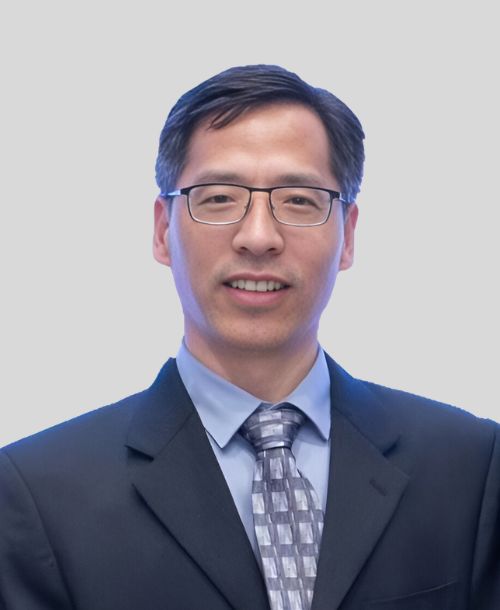
Prof. Zhongchao Tan
Ningbo Eastern Institute of Technology
Biography: Professor Zhongchao Tan, Chair Professor and Vice Provost at Eastern Institute of Technology, Ningbo, Director of the CCID (MIIT Dual-Carbon Center)-EIT Joint Laboratory. His expertise includes low-carbon manufacturing, carbon footprint management, catalytic cracking of alkanes for coupled carbon-hydrogen production, and micro/nanofiber technologies. With over 150 peer-reviewed publications, 7 authorized patents, and 5 academic monographs, his English-authored book Air Pollution and Greenhouse Gases has achieved 1.7 million downloads globally. He was elected Fellow of the Canadian Academy of Engineering in 2022.
Title:Life Cycle Carbon Footprint Research of “New Trio” Products (Power batteries) and Construction of an International Carbon Footprint Management Platform
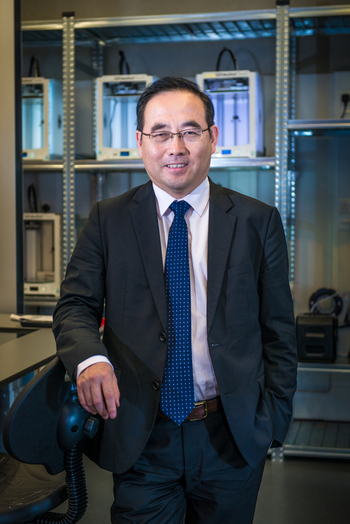
Prof. Xudong Zhao
Harbin Institute of Technology, Shenzhen
Biography:Fellow of the Royal Academy of Engineering (FREng), Member of the European Academy of Sciences (MAE), Fellow of the European Academy of Sciences (FEurASc), a Fellow of the UK Energy Institute, and a Fellow of the Chartered Institution of Building Services Engineers.
Prof. Xudong Zhao is internationally renowned for his pioneering work in renewable‐energy technologies, energy‐efficiency solutions, and sustainable heating and cooling systems. His research focuses on zero‐carbon heating and cooling enabled by advanced renewable‐energy and efficiency technologies. Prof. Zhao has led 68 research projects funded by the UK and EU governments and industry, with cumulative research funding of £28 million (approximately ¥260 million). He has completed more than 40 engineering‐consultancy projects, generating over £5 million (approximately ¥45 million) in consulting revenue. He holds 14 patents and has supervised 41 doctoral students and 31 postdoctoral researchers. His publication record includes 340 peer‐reviewed articles, of which he is first or corresponding author on 166, and 205 articles in top‐quartile (Q1) journals. In recognition of his citation impact, he was named a Global Highly Cited Researcher in 2017 and has been included in Stanford University’s “World’s Top 2% Scientists” list for five consecutive years (2020–2024).
Prof. Zhao serves as Field Editor for ENERGY and as Associate Editor for International Journal of Low Carbon Technologies, in addition to holding editorial board positions on eight other international journals. He has delivered invited plenary and keynote lectures at more than 30 international conferences.
His research has been honored with numerous international awards, including the 2024 AI‐Attiyah Foundation Lifetime Achievement Award in International Energy, the Newton Prize Shortlist, the UK Government’s Lighthouse (RUSHLIGHT) Innovation Award, the EU Dragon Star Innovation Award, the World Association of Sustainable Energy Technologies (WASET) Innovation Awards (1st–3rd), the 2022 UK Institute of Refrigeration Innovation Shortlist Award, the 2022 ScienceFather Best Research Award, and the University of Hull 2018 Excellence in Research Award. In academic governance and advisory capacities, Prof. Zhao is a member of the Engineering Priority Panel for the UK Engineering and Physical Sciences Research Council (EPSRC), a member of the EU Committee on District Heating and Cooling Technologies, a member of the Executive Committee of the World Association of Sustainable Energy Technologies, and a member of the UK Government’s Green Futures Expert Review Panel. In China, he serves as a panel member for key and major projects under the Ministry of Science and Technology and as an external reviewer for major grants awarded by the National Natural Science Foundation of China.
He has co‐authored the Handbook of Integrated Solar Energy Systems and the Green Building Energy Systems Manual. His work is also cited in international reference volumes such as HVAC and Air Conditioning and the Building Code 2010 – Water Quality, Hot Water Safety, and Water Efficiency.
Title:Initiatives in Energy Efficiency and Renewable Energy Research
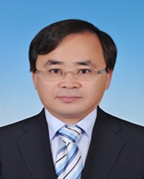
Prof. Guangsuo Yu
East China University of Science and Technology
Biography:Guangsuo Yu, professor, doctoral supervisor, director of the Institute of Clean Coal Technology, East China University of Science and Technology. Distinguished Professor of the Yangtze River Scholars Program of the Ministry of Education, winner of the China Youth Science and Technology Award, New Century Excellent Talent of the Ministry of Education, Shanghai Shuguang Scholar, Shanghai Science and Technology Rising Star, and Shanghai Yucai Award. He has been engaged in applied basic research and engineering development of coal gasification technology for a long time. He has been authorized with more than 120 Chinese invention patents and 3 US invention patents. He has published more than 470 SCI papers in journals such as AIChE J., Chem. Eng. Sci., Chem. Eng. J., Combustion & Flame, Applied Energy, Renewable and Sustainable Energy Reviews, etc., which have been cited more than 10,300 times, and 13 of them have been selected as ESI highly cited/hot papers. He was selected as a highly cited scholar in China by Elsevier in 2020 and 2022~2024. He serves as an editorial board member or guest editor of academic journals such as International Journal of Coal Science & Technology, Applied Energy, Fuel, and Scientific Reports.
Title:Development and Industrial Demonstration of Opposed Multi-Burner Coal-Water Slurry Gasification Technology for the RSC and Quench Process
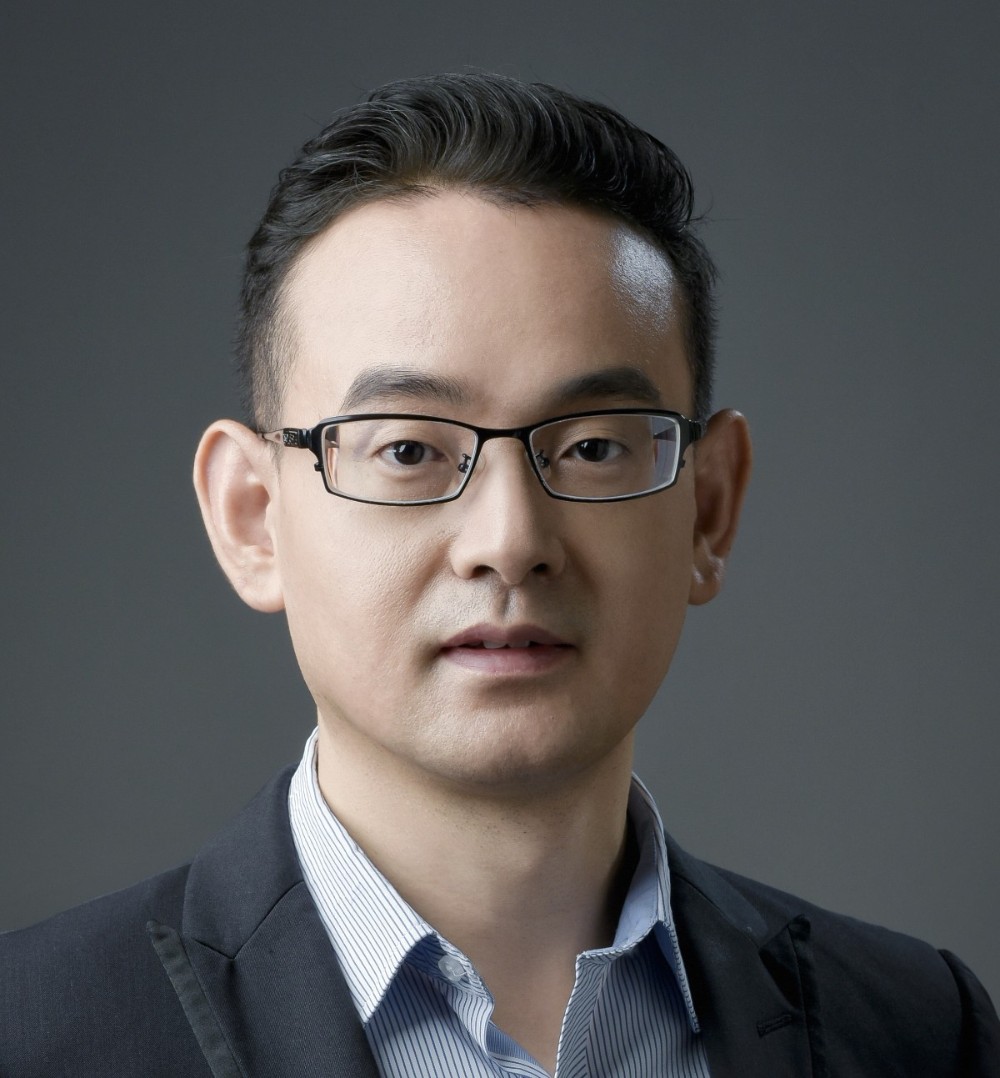
Prof. Ziyi Ge
Ningbo Institute of Materials Technology and Engineering, Chinese Academy of Sciences
Biography:Dr. Ziyi Ge is a second-level professor and doctoral supervisor at the Ningbo Institute of Materials Technology and Engineering, Chinese Academy of Sciences, a recipient of the National Outstanding Youth Fund, a fellow of the Royal Society of Chemistry, and the director of the Zhejiang Energy Optoelectronics Engineering Research Center. He is mainly engaged in the research of organic/perovskite solar cells, OLEDs and conductive polymer functional materials. Dr. Ziyi Ge is currently engaged in research on organic/perovskite solar cells and OLEDs. In recent years, he has published over 300 SCI papers in journals such as Nature Photonics, Chem. Soc. Rev., Joule, Nature Commun., Sci. Adv., Adv. Mater., and Energy Environ. Sci., and has applied for more than 60 invention patents. He has authored four monographs in both Chinese and English. He has successively led several projects, including the National Key Research and Development Program (as Chief), key projects from the National Natural Science Foundation, and five general projects from the National Natural Science Foundation. He received the "China Optical Significant Achievement Award" in 2016, the second prize of the Zhejiang Provincial Natural Science Award in 2018 and 2022 (ranked first), was named one of Ningbo's top ten "Science Dream Chasers" in 2021 and recognized as a young and middle-aged expert with outstanding contributions in Zhejiang Province in 2022. He was selected as a highly cited scientist by Clarivate Analytics in 2024 and has served on the editorial boards of eight journals, including Science China Chemistry and The Innovation, while also holding the position of Executive Director of the Zhejiang Materials Research Society and Chair of the International Conference on Organic Optoelectronic Materials and Devices (ICOOE).
Title:Research on the Industrialization of High-Efficiency Flexible Perovskite Solar Cells

Prof. Angelos M. Efstathiou
University of Cyprus
Biography: Angelos M. Efstathiou, (Ph.D. Chemical Engineering), Professor at the Chemistry Department of the University of Cyprus, has the following current research interests:
(i) Environmental Catalysis focused on the development of de-NOx catalytic technologies for stationary and mobile applications using hydrogen as reducing agent (H2-SCR); three-way catalysis; (ii) Heterogeneous Catalysis towards energy production through conversion of biomass pyrolysis-derived products into a hydrogen-rich gas, conversion of natural gas and biogas into useful chemicals, Fischer-Tropsch Synthesis, low-temperature water-gas shift, steam reforming and dry reforming of CH4; (iii) In situ catalyst surface and adsorbed phase characterization by applying the Transient Method: isothermal step-gas switching experiments for the characterization of reactivity of adsorbed surface intermediates and catalyst surface structure, temperature-programmed techniques (TPD, TPO, TPR, TPSR), transient oxygen isotopic exchange; (iv) Mechanistic and kinetic studies of heterogeneous gas-solid catalytic reactions using Steady State Isotopic Transient Kinetic Analysis (SSITKA) coupled with online Mass Spectrometry and DRIFTS (operando methodology) together with mathematical and kinetic modelling of the transient responses obtained.
His work gas garnered international recognition, including his ranking among the world’s top 0.04% scientists in Catalysis (ScholarGPS 2025), and his inclusion in Stanford University’s list of the top 2% most-cited scientists in chemistry for multiple consecutive years (h-index 62, over 11,000 citations – Google Scholar).
Among his several accolades are the Eminent Visitor Award (Catalysis Society of South Africa), and the Royal Award for Sustainable Technology Transfer (European Environment Agency). He had and continues to have several long-standing collaborations with industry around the world, including Linde Engineering AG (Germany), Luxfer MEL Chemicals Ltd (UK) and SASOL (South Africa). He served as Editor of Catalysis Communications, and he is a Member of the Editorial Board of Applied Catalysis B: Environment & Energy.
Title:Advancing the Design of Materials for Sustainable and Green Energy Using Transient Isotopic and Operando Techniques: The Case of Catalytic Dry Reforming of Methane and Fischer-Tropsch
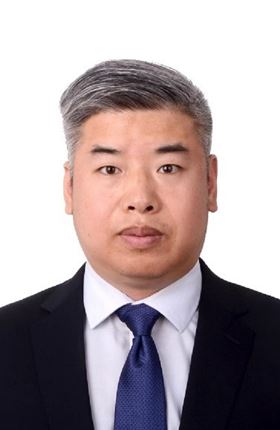
Prof. Haitao ZHAO
Hong Kong Polytechnic University
Biography:Haitao Zhao, Director/Professor of the Center for Intelligent Manufacturing of Materials, Hong Kong Polytechnic University. Haitao Zhao is currently a professor at the Hong Kong Polytechnic University. His research focuses on the cross-disciplinary application of robotics and artificial intelligence to material development and the establishment of the Center for Intelligent Manufacturing of Materials. Professor Haitao Zhao published a groundbreaking paper titled "Robotic Platform Empowers Intelligent Manufacturing of Nanomaterials" in Nature Synthesis. The research was funded by the National Natural Science Foundation of China (Robot-Assisted Programmable Nanomaterials Intelligent Manufacturing) and the Hundred Talents Program of the Chinese Academy of Sciences (Data-Driven Intelligent Manufacturing of Materials). Professor Haitao Zhao was invited by Wiley to write the monograph "Intelligent Manufacturing of Materials" and developed two IEEE Intelligent Manufacturing of Materials standards.
Title:Intelligent Manufacturing of Materials and Its Infrastructure